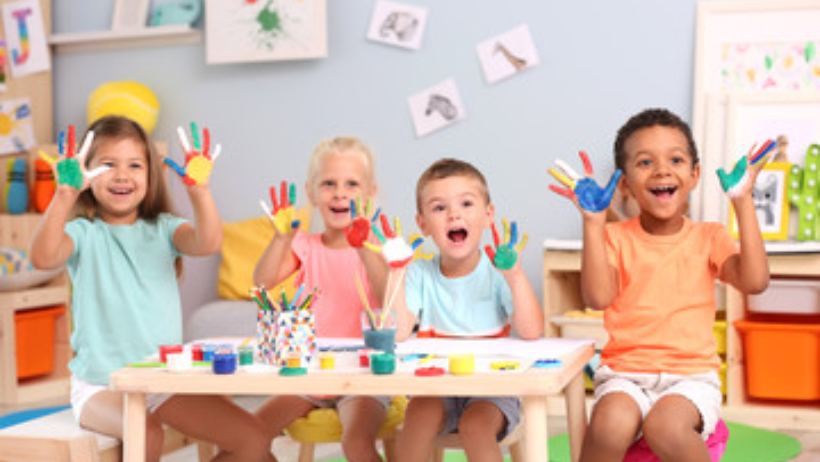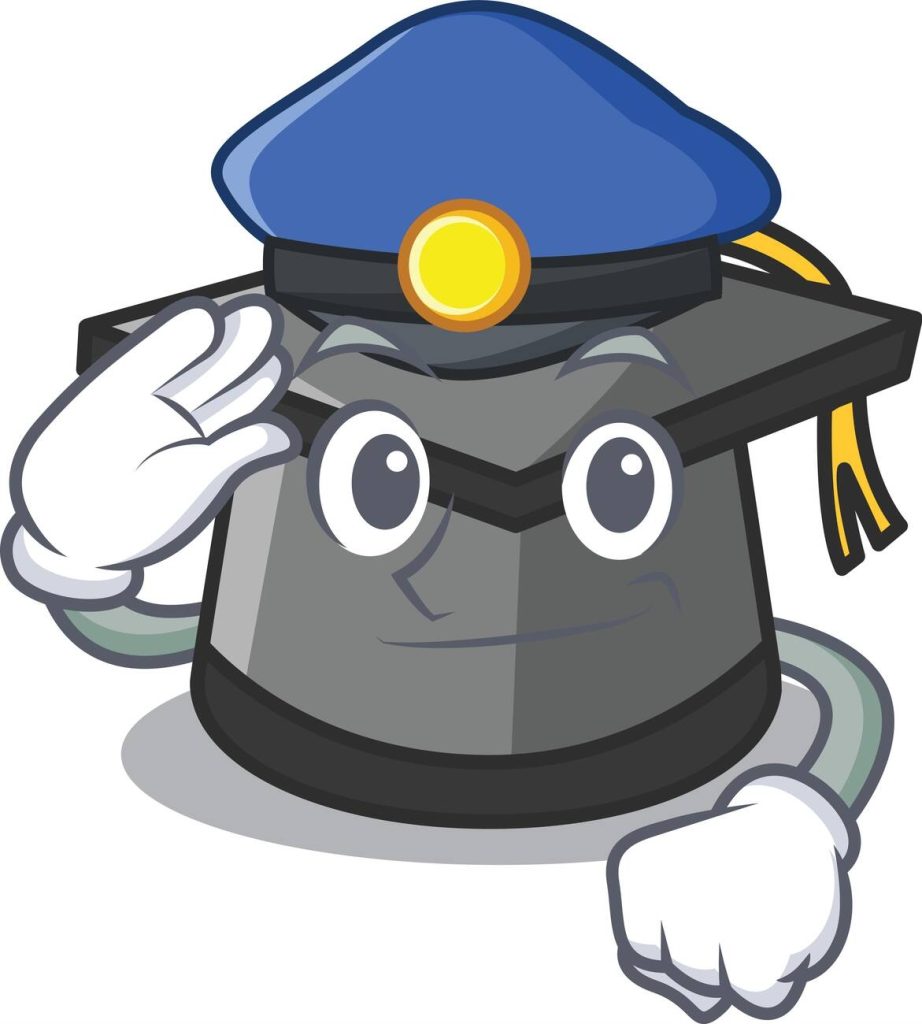You’ve got a little one starting kindergarten soon, and you want to make sure they’re prepared. Well, you’re in the right place! This article will give you a quick rundown of what your child should know before that big first day. From language and math skills to social and emotional development, we’ve got you covered. So let’s dive in and get your child ready to conquer kindergarten!
Language and Communication Skills
To prepare your child for kindergarten, focus on developing their speaking and listening skills. Language acquisition is a crucial aspect of their early education, and effective communication techniques play a significant role in their overall development. Encouraging your child to express their thoughts and feelings verbally helps them build a strong foundation for language skills. Engaging in conversations with them, asking open-ended questions, and actively listening to their responses can enhance their vocabulary and comprehension abilities. Additionally, reading aloud to your child introduces them to new words and concepts, fostering their language development. Providing opportunities for your child to interact with others, such as through playdates or group activities, allows them to practice their communication skills in a social setting. It is essential to model effective communication by using clear and concise language, maintaining eye contact, and demonstrating active listening. By focusing on language and communication skills, you empower your child to confidently express themselves and succeed in their academic journey.
Basic Numeracy and Math Concepts
Develop your child’s understanding of basic numeracy and math concepts before they start kindergarten. Building a strong foundation in number recognition and counting skills is essential for their future math success. By introducing these concepts early on, you can help your child develop a love for numbers and a solid understanding of mathematical principles.
To assist you in teaching your child these important skills, here is a handy table outlining the key concepts to focus on:
| Numeracy Concepts | Activities to Practice |
|---|---|
| Number Recognition | – Use flashcards to help your child identify and name numbers. – Play number recognition games using dice or number cards. |
| Counting Skills | – Count objects around the house, such as toys or utensils. – Sing counting songs together to make it fun and engaging. |
Remember to make learning enjoyable by incorporating games, songs, and hands-on activities. Encourage your child to explore and manipulate numbers in their everyday life. By providing them with opportunities to practice number recognition and counting skills, you are setting them up for success in their future math education.
Social and Emotional Development
Equip your child with essential social and emotional skills for a successful start in kindergarten through nurturing their interpersonal relationships and self-awareness. Here are some key aspects to focus on:
- Empathy and understanding emotions: Teach your child to recognize and understand their own emotions as well as those of others. Encourage them to put themselves in someone else’s shoes and consider how their actions may impact others. This will help them develop empathy and compassion.
- Building positive relationships: Help your child develop healthy and positive relationships with their peers. Teach them how to share, take turns, and resolve conflicts peacefully. Encourage them to make new friends and be inclusive towards others.
- Self-regulation and impulse control: Teach your child strategies to manage their emotions and impulses. Help them understand that it’s okay to feel angry or frustrated, but it’s important to express these feelings in a constructive and respectful way.
- Problem-solving and decision-making: Foster your child’s problem-solving skills by encouraging them to think critically and come up with solutions to conflicts or challenges they may face. Teach them how to make decisions based on their own values and beliefs.
- Self-esteem and self-confidence: Help your child develop a positive self-image by praising their efforts and highlighting their strengths. Encourage them to believe in themselves and their abilities, as this will boost their confidence and resilience.
Fine Motor Skills and Hand-eye Coordination
As you continue to nurture your child’s social and emotional development, it is important to also focus on fostering their fine motor skills and hand-eye coordination. These skills play a crucial role in their overall development and readiness for kindergarten. Fine motor skills involve the coordination of small muscles in the hands and fingers, while hand-eye coordination refers to the ability to use the eyes and hands together effectively.
Developing finger dexterity is essential for tasks such as writing, buttoning clothes, and tying shoelaces. It allows your child to manipulate objects with precision and control. One way to enhance finger dexterity is through activities like playing with building blocks, threading beads, or playing with playdough. These activities strengthen the muscles in their hands and fingers, improving their ability to grasp and manipulate objects.
Another important aspect of fine motor skills is pencil grip. A proper pencil grip allows for comfortable and efficient writing. Encouraging your child to hold a pencil correctly from an early age can prevent bad habits and difficulties later on. You can guide them by showing them the correct grip and providing them with chunky pencils or crayons that are easier to hold.
Independence and Self-help Skills
You should encourage your child to develop independence and self-help skills before starting kindergarten. These skills will not only make your child more capable and self-sufficient but will also help them integrate into the school environment more smoothly. Here are five important areas to focus on:
- Toilet training: Teaching your child to use the toilet independently is crucial before they start kindergarten. Make sure they understand the process, use the toilet consistently, and can manage their personal hygiene.
- Dressing skills: Your child should be able to dress and undress themselves, including putting on and taking off their shoes, socks, and jackets. This will enable them to handle these tasks without assistance and promote a sense of accomplishment and confidence.
- Feeding themselves: Encourage your child to feed themselves using utensils, such as spoons and forks. This will enhance their fine motor skills and allow them to eat independently during meal times at school.
- Cleaning up after themselves: Teach your child to clean up after themselves by putting away toys, books, and other items they have used. This will instill a sense of responsibility and help them understand the importance of tidiness.
- Following simple instructions: Practice giving your child simple instructions and encourage them to follow them independently. This will help them understand and follow classroom rules and routines.




